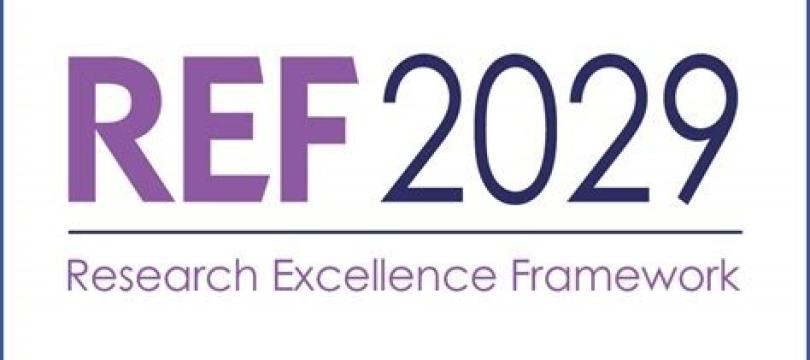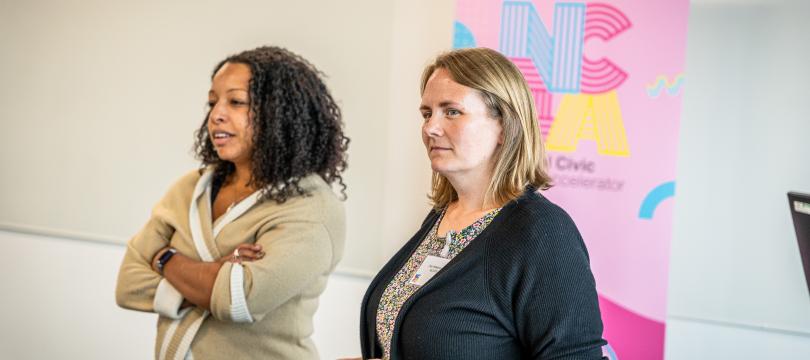NCCPE publishes R&D Roadmap consultation response
The Government's UK Research and Development (R&D) Roadmap aims to ensure the UK is the best place in the world for scientists, researchers and entrepreneurs to live and work.

The government published a new Research and Development Roadmap in June 2020 as the start of a ‘big conversation’ about the future of research and innovation - in the context of a commitment to significantly increase the amount of investment in R&D over the next decade. The Roadmap calls for more listening and engagement, for more ‘moon-shots’ (ambitious and ground-breaking projects), for place and inequality to be foregrounded, for research culture to be modernised and for ‘bureaucracy’ to be minimised. It also asks lots of questions about how the current system could be improved. The NCCPE submitted a response to this consultation. Thanks to everyone who contributed to this.
We welcomed wholeheartedly the Roadmap’s invitation to ‘listen and engage’, and to accelerate the embedding of outcomes-focused engagement across the R&D system. This is a direction of travel we and our many collaborators have been arguing for and delivering on over the last 12 years. We have built a significant body of evidence about ‘what works’, and effective approaches and tools – but the system has made embedding these new ways of working challenging, by not prioritising them. We hope the Roadmap may help to ‘move the dial’.
We have argued that:
- Public engagement enhances all areas of innovation – and so needs to be factored in across the whole R&D system, not bolted on
- ‘Levelling up’ requires investment in long term partnership building – it can’t be turned on like a tap, and demands that attention is paid to inequality and exclusion
- The economic impact of COVID19 will be profound, requiring very tough choices about where to invest R&D and other public funds. Engaging with the public will be vital to ensure these investments are in step with public priorities, and that the social and ethical consequences are anticipated and addressed proactively
- All of the above requires a major culture change and a strategic, integrated approach to organisational development across the whole R&D system. The NCCPE and the Public Engagement community can bring their experience and practical tools and expertise to bear on this challenge, based on many years of work.
We have highlighted the following blocks and barriers in how the current system works:
- There are few opportunities for citizens and other stakeholders to influence funding calls early enough in the process, with limited application of deliberation and other participatory processes
- Research funding is typically offered when teams have already decided their research direction – we need to invest in more co-design and development funding to help shape more purposeful, collaborative research that robustly reflects need and expertise from outside the research community
- Funding does not fully support non-academic participation, seriously limiting the time and expertise that collaborators can contribute
- The peer review process does not adequately recognise what quality engagement looks like, and the outcomes that could be expected, and needs significant reform
- The sector supports expert professionals working in Knowledge Exchange, and Community and Public Engagement. However, these professional roles are precarious, and often driven by funding decisions, rather than strategic intent, with little career progression.
We have highlighted these possible solutions
- The urgent need to ‘skill up’ the sector in collaborative research processes that embrace participation from relevant stakeholders
- The need to invest in supporting purposeful partnership working to build ‘collaborative capacity’ inside and outside HE
- Recognising the need for brokers/ producers, who can lead these processes, and developing more robust career pathways for these experts
- Sharing of engagement processes, as well as outputs, to enable people to learn more about ‘what works’, and to feed this intelligence into the peer review and assessment process
- Learning from other sectors about how to invest in social change, evaluate the impact of interventions, and addresses the causes and consequences of inequality

